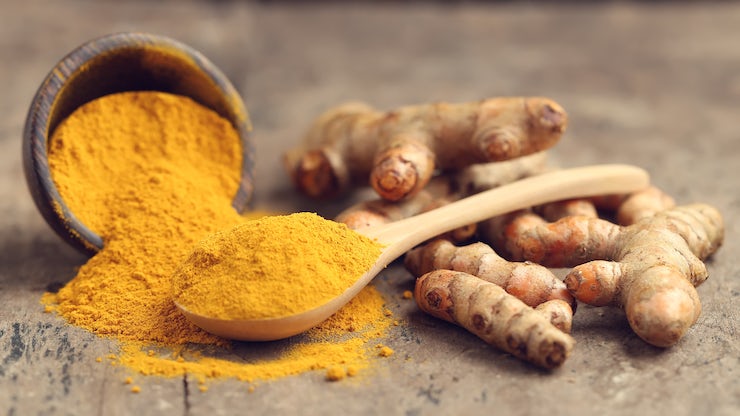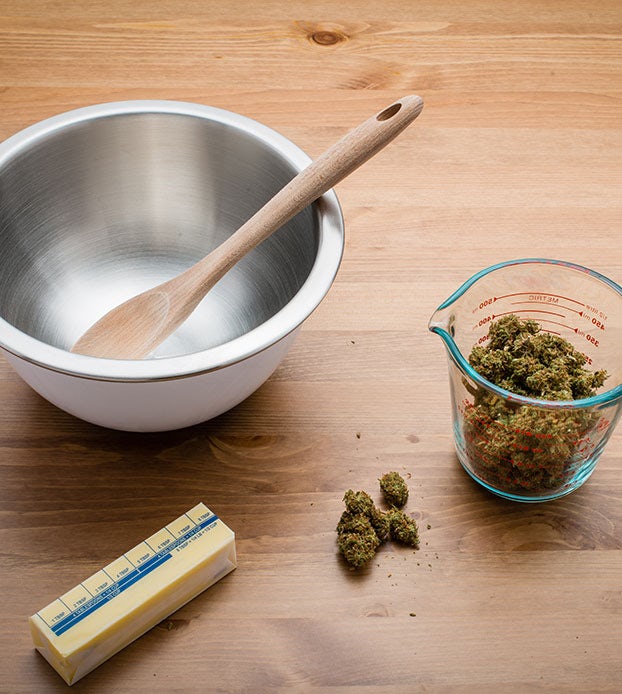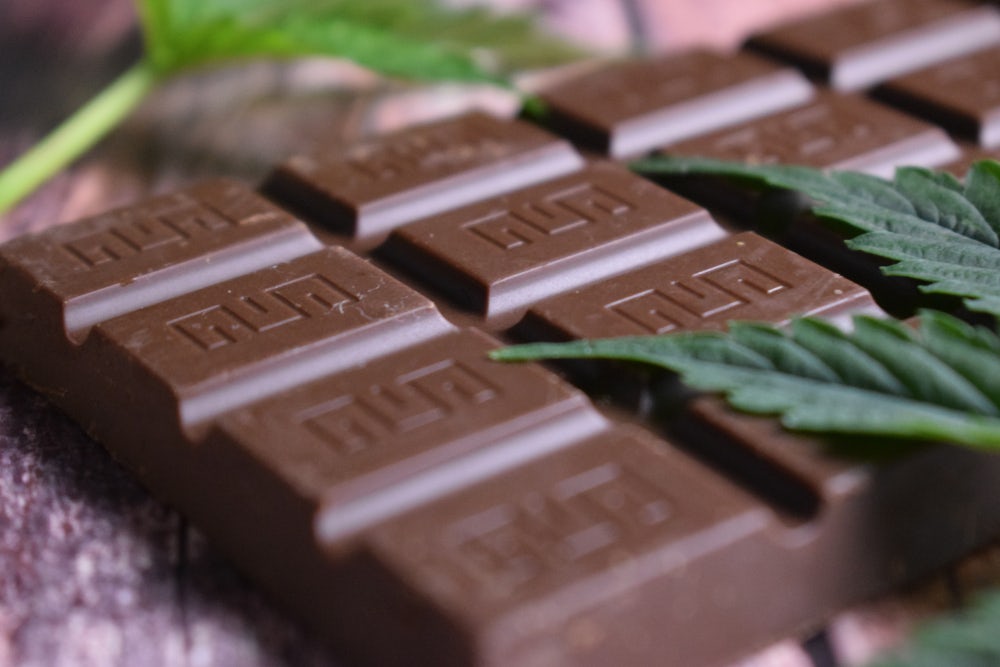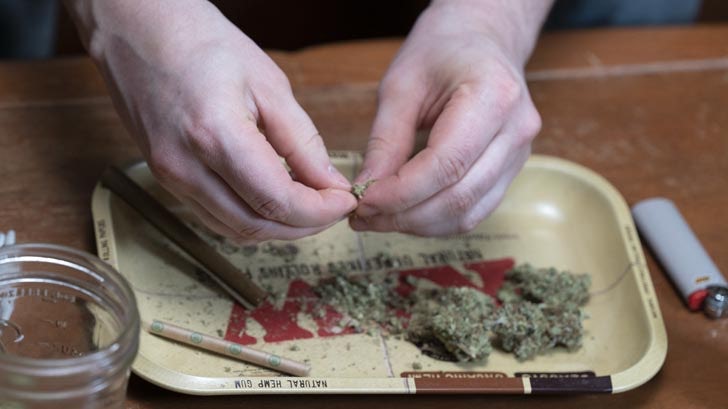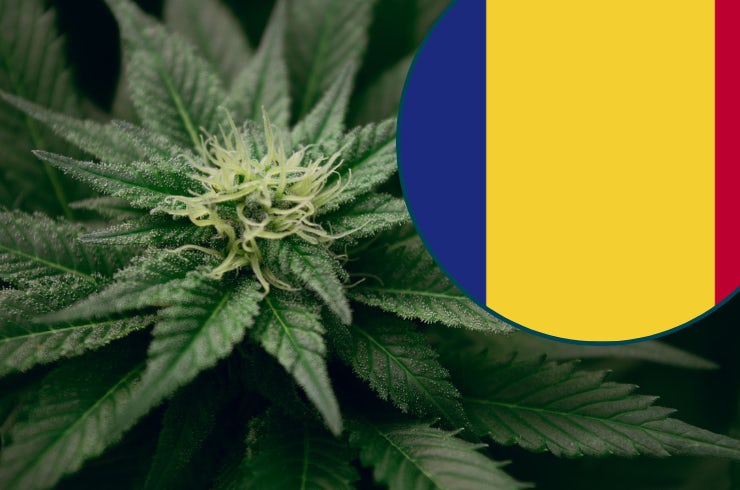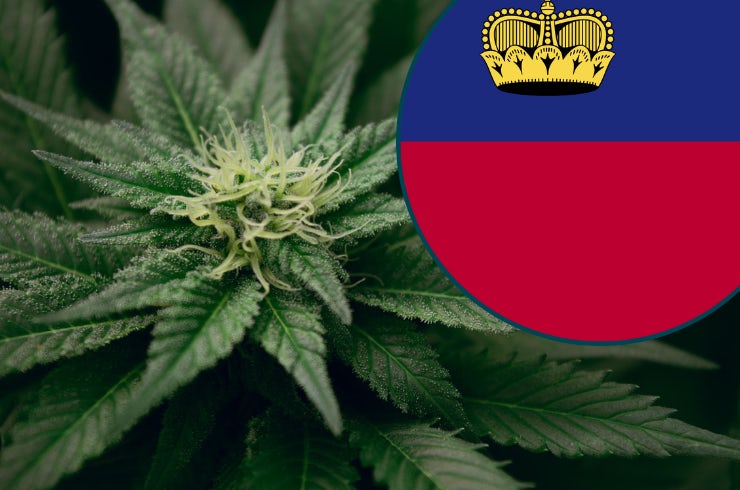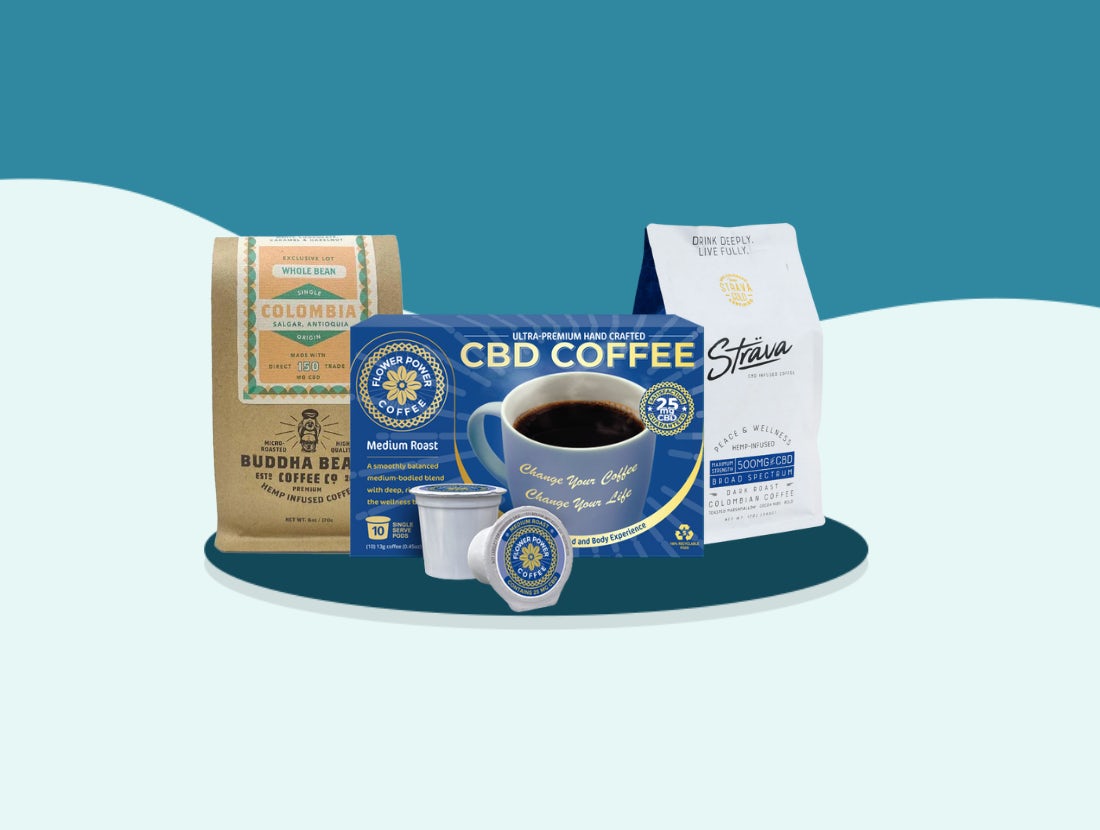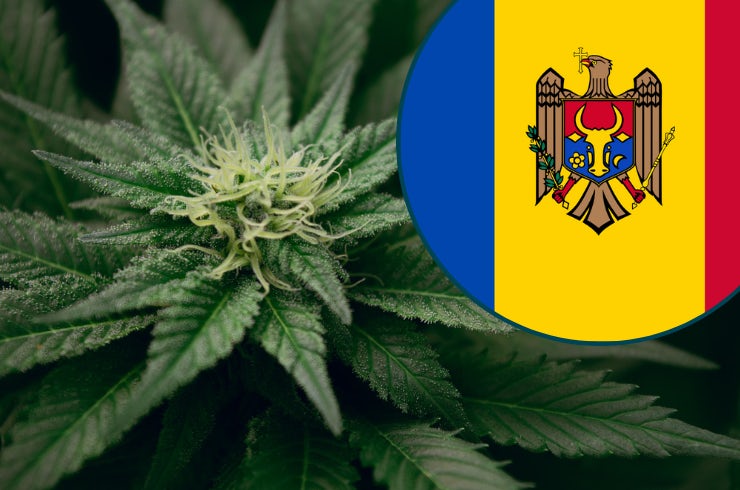Can cannabis reduce acid reflux and heartburn? The short answer is maybe – but there isn’t enough research or evidence to know for sure.
What are acid reflux and heartburn?
Firstly, let’s clarify some terms. Acid reflux (also called gastroesophageal reflux) occurs when there is a backward flow of stomach acid into your esophagus (the tube connecting your throat and stomach). Acid reflux occurs if the valve at the end of your esophagus (called the lower esophageal sphincter or LES) doesn’t close properly. If this muscular valve stays open, stomach acid backwash flows up the esophagus and throat and causes a burning sensation.
Heartburn is the feeling of burning in your chest (close to the heart) and is a symptom of acid reflux. It’s not the only symptom but it may be the most well-known.
Continual episodes of acid reflux, typically defined as more than two episodes per week, is called gastroesophageal reflux disease, or GERD for short. Acid reflux and GERD are incredibly common, particularly in the US. The Cleveland Clinic estimates around 20% of US adults suffer from GERD.
Neither acid reflux nor GERD are life-threatening by themselves, but they are uncomfortable to live with, and perpetually exposing the lining of your esophagus to stomach acid can lead to bigger health problems down the road.
Acid reflux and the endocannabinoid system
At this point, there simply isn’t much research on cannabis use to combat acid reflux and GERD. But here’s what we do know.
The endocannabinoid system has CB1 and CB2 receptors on every organ in the body, including your stomach, esophagus, and throughout your digestive tract. The presence of these receptors in the esophagus gives hope that targeting the ECS may be able to help or regulate acid reflux. A 2017 review of research surrounding the ECS and the esophagus noted, “The presence of cannabinoid receptors in the esophagus, specifically those affecting [esophageal relaxation], offers a potential therapeutic target for treating GERD.”
Cannabis and acid reflux: the research
How might cannabis help with acid reflux? Studies examine three key areas: esophageal relaxation, reducing stomach acid production, and lowering inflammation and oxidative stress.
The scientific consensus is that there is a “need for further clarification of the relationship between gastric stimulation and [esophageal relaxation].” 1
- A 2009 study giving pharmaceutical grade THC (dronabinol) to dogs produced a decrease in acid secretion, inflammation in the stomach lining, and frequency of acid reflux episodes. Subsequently, the researchers examined the effect in humans and saw promising results of decreased esophageal relaxation but were unable to reach significance in the reduction of acid reflux episodes. Of note, the study was modified to only include the smaller (10mg) dose after over half of the participants experienced nausea or vomiting adverse reactions to 20mg pharmaceutical-grade THC (dronabinol). Therefore the potential for larger doses or combinations of THC and CBD to reduce reflux is still in question. 2
- Another animal study from 2002 used a synthetic cannabinoid receptor agonist (not a phytocannabinoid) to measure the activity of the CB1 and CB2 receptors on esophageal relaxation. Scientists found no trace of CB2 receptor involvement in esophagus function and concluded that both endocannabinoids and external cannabinoids could reduce esophageal relaxation via the CB1 receptor. 3
- A 2010 study performed multiple laboratory tests on human esophageal tissue samples to examine if CB1 & CB2 receptors were present. The samples came from 87 people, 10 were the healthy controls and 77 had varying severity of acid reflux. The results were consistent with studies in animals, only CB1 receptors were identified. Digging deeper, there were more than two times the amount of CB1 receptors found in the less-severe injured tissues compared to the more-severe tissues. The researchers suggested that CB1 receptors are involved in the esophageal mucosa as a defensive mechanism. 4
THC versus CBD for acid reflux
Is THC or CBD better for acid reflux? Both cannabinoids have anti-inflammatory and antioxidant properties that could potentially provide relief, but there’s no concrete evidence to support either one for heartburn. THC may have an explainable mechanism to treat heartburn, but that is more experimental and it hasn’t been proven to help.
Despite the lack of evidence, people are turning to the plant and sharing anecdotal evidence. A 2020 study compiled conversations on a CBD forum on Reddit and found 3.9% of respondents used CBD to relieve acid reflux pain. 5
But it’s not a given that cannabis will help relieve acid reflux. A study from 1999 found that THC can delay gastric emptying, or how long it takes food to pass through your stomach into your digestive system. A further review from the British Medical Journal suggests that all cannabinoids can delay gastric emptying. As acid reflux usually only occurs after eating or and is more likely on a full stomach, cannabis could also potentially worsen symptoms. 6
THC consumption can also lead to the munchies, a feeling of insatiable hunger that leads to overeating, which can easily trigger an acid reflux episode. Especially if you opt for unhealthy snacks.
Consumption method matters
The way you consume could affect if weed helps your acid reflux or not. Smoking is the fastest delivery method and could potentially provide quick relief, but smoking is also harsh on the esophageal lining. Inhaling and coughing from the byproducts of combustion (cannabis smoke) could leave your throat feeling raw and sore, which could potentially make an episode of acid reflux more painful.
Oral ingestion methods are much slower but can deliver the cannabinoids directly to your esophagus, stomach, and digestive tract. However, certain foods can cause heartburn so it’s important to make sure you’re consuming cannabis in a way that won’t exacerbate any painful symptoms. In general, foods that are highly processed, high in fat, salt, or spice can trigger an episode, so if you’re looking for an oral ingestion method, stick with tinctures or oils that contain cannabinoids and a carrier oil, and not much else.
Bottom line on cannabis and acid reflux
Does weed help acid reflux? At this point, there simply isn’t enough research to say yes or no. Cannabis may help acid reflux, but it could also exacerbate certain symptoms. It depends, at least in part, on your individual endocannabinoid system as well as a variety of other factors.
Sources
- Beaumont, H., Jensen, J., Carlsson, A., Ruth, M., Lehmann, A., & Boeckxstaens, G. (2009). Effect of Δ9-tetrahydrocannabinol, a cannabinoid receptor agonist, on the triggering of transient lower oesophageal sphincter relaxations in dogs and humans. British Journal of Pharmacology, 156(1), 153-162. https://doi.org/10.1111/j.1476-5381.2008.00010.x
- Beaumont, H., Jensen, J., Carlsson, A., Ruth, M., Lehmann, A., & Boeckxstaens, G. (2009). Effect of Δ9-tetrahydrocannabinol, a cannabinoid receptor agonist, on the triggering of transient lower oesophageal sphincter relaxations in dogs and humans. British Journal of Pharmacology, 156(1), 153-162. https://doi.org/10.1111/j.1476-5381.2008.00010.x
- Lehmann A, Blackshaw LA, Brändén L, Carlsson A, Jensen J, Nygren E, Smid SD. Cannabinoid receptor agonism inhibits transient lower esophageal sphincter relaxations and reflux in dogs. Gastroenterology. 2002 Oct;123(4):1129-34. doi: 10.1053/gast.2002.36025. Erratum in: Gastroenterology 2002 Dec;123(6):2162-3. PMID: 12360475.
- Calabrese C, Spisni E, Liguori G, Lazzarini G, Valerii MC, Strillacci A, Gionchetti P, Pagotto U, Campieri M, Rizzello F. Potential role of the cannabinoid receptor CB in the pathogenesis of erosive and non-erosive gastro-oesophageal reflux disease. Aliment Pharmacol Ther. 2010 Aug;32(4):603-11. doi: 10.1111/j.1365-2036.2010.04377.x. Epub 2010 May 22. PMID: 20497140.
- Leas EC, Hendrickson EM, Nobles AL, Todd R, Smith DM, Dredze M, Ayers JW. Self-reported Cannabidiol (CBD) Use for Conditions With Proven Therapies. JAMA Netw Open. 2020 Oct 1;3(10):e2020977. doi: 10.1001/jamanetworkopen.2020.20977. PMID: 33057645; PMCID: PMC7563067.
- McCallum RW, Soykan I, Sridhar KR, Ricci DA, Lange RC, Plankey MW. Delta-9-tetrahydrocannabinol delays the gastric emptying of solid food in humans: a double-blind, randomized study. Aliment Pharmacol Ther. 1999 Jan;13(1):77-80. doi: 10.1046/j.1365-2036.1999.00441.x. PMID: 9892882.
Sign up for bi-weekly updates, packed full of cannabis education, recipes, and tips. Your inbox will love it.

 Shop
Shop Support
Support